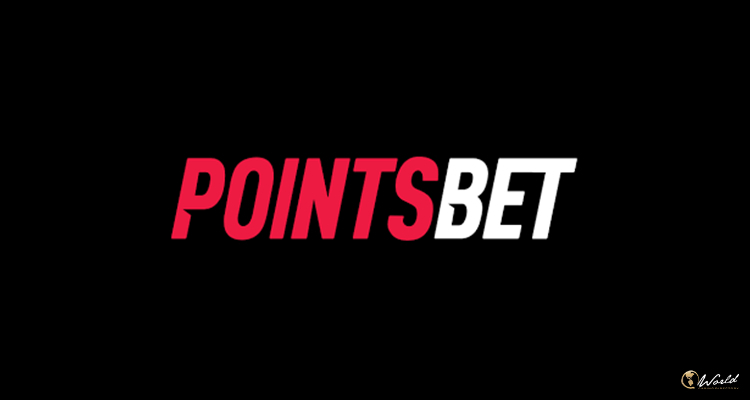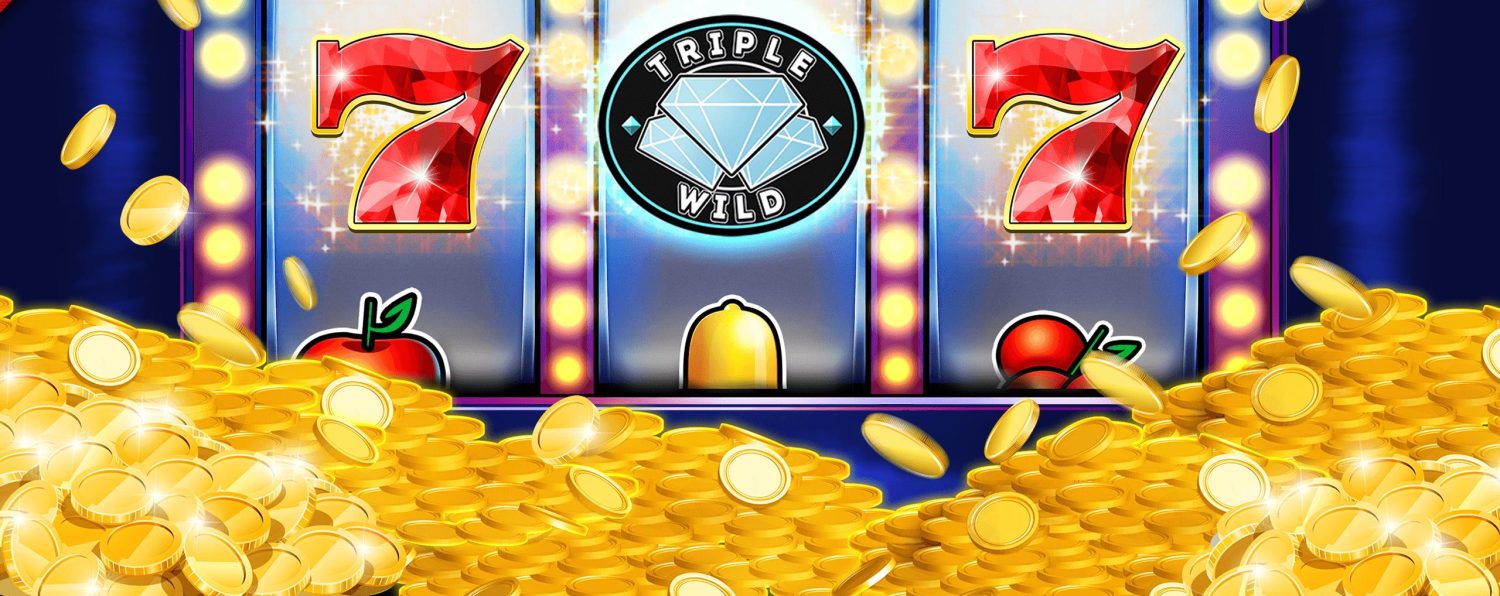
Three days after the receipt of the comprehensive $195 million offer from DraftKings on June 16, 2023, Australian online sports wagering operator PointsBet Holdings agreed to proceed with the sale of its US businesses to the leading US sportsbook, according to the company’s statement transferred by the Asian Gaming Brief.
PointsBet Engages with DraftKings:
The Australian company engaged in the DraftKings’ offer after months of negotiations with Fanatics Betting and Gaming (FBG) on the $150 million proposal given by the sports wagering operator to include PointsBet‘s US operations in the further expansion plans.
The Australia-listed operator’s statement reportedly decided to move forward with the DraftKings’ non-binding acquisition proposal that included all elements of the FBG’s offer and additional anticipated an all-cash settlement of the $195 million bid.
Superior Proposal Accepted:
The bid described by DraftKing’s letter of intent as ”superior” has made PointsBet continue the process. The Australian company seems to have given the advantage to the 30% higher offer than the Fanatics’ proposal. One may assume that the underlying reason for the swift decision is the fact that DraftKings is one of the two major players in the sports betting sector in the Unites States (other one is FanDuel) reportedly holding a $10 billion share of the US sports wagering market value recently estimated at $13 billion.
Sense of Security:
The fact surely renders a sense of security as far as the transaction scheduled to enter the next stage on June 27, 2023 is concerned. Still, the PointsBet board encourages the shareholders to vote for the Fanatics’ transaction at the at the Extraordinary General Meeting set for June 30, 2023. In the meantime, the board will consider the DraftKings’ offer simultaneously awaiting prospectively even more competitive proposal from the FBG.
PointsBet reportedly projected a loss of US$115 million to US$123 million for the six months of 2023 after having pumped $162 million in its US operations over the last two years. For this reason, the Fanatics’ $150 million offer might not even cover the loss of the investment activities in the US sports betting market unlike the DraftKings’ proposal that seemingly gives the Australian operator a chance to withdraw from the market with its own money back in the pocket again.
Winning Hand:
The deal at hand seems to be good enough for the operator to completely commit to its Australian operations and try to stabilize the domestic situation, as the current Australian market circumstances even involve the operator’s sale considerations of its Australian businesses. Therefore it seems that PointsBet have landed pretty good cards on the table to be waiting for the final hand from Fanatics to clear the acquisition process.
The legal status of online casinos in India is complex and varies by state. While there is no federal law that explicitly addresses online gambling, the legality depends on state regulations and the type of gambling involved.
Key Points:
-
No National Law: India does not have a specific national law regulating online casinos. However, the Public Gambling Act of 1867 prohibits operating physical casinos and gambling houses, but it doesn't cover online platforms, leaving a legal grey area for online gambling.
-
State-Specific Laws: Some Indian states, like Goa, Sikkim, and Daman, have legalized land-based casinos, and others, such as Sikkim, have also licensed online gambling. Many states have banned gambling altogether, including online gambling.
-
Online Sports Betting: Betting on sports, particularly cricket, is very popular in India. However, it's only explicitly legal in some states like Sikkim and Nagaland, which have laws permitting online gaming and betting.
-
Legal Gray Area: Many international online casinos accept Indian players and operate legally under licenses from offshore jurisdictions (like Curacao or the UK Gambling Commission). As long as players are gambling on licensed platforms, the risk is minimal, but local authorities may still choose to regulate or restrict online gambling.
-
Cryptocurrency: Some Indian players prefer using cryptocurrencies (like Bitcoin) for online gambling, as it provides a layer of anonymity and security.
While online casinos aren't explicitly legal across all of India, many international casinos accept Indian players, and online gambling continues to grow in popularity. Players should ensure they use licensed platforms and understand local laws before engaging in online gaming.






Leave a Reply
You must be logged in to post a comment.